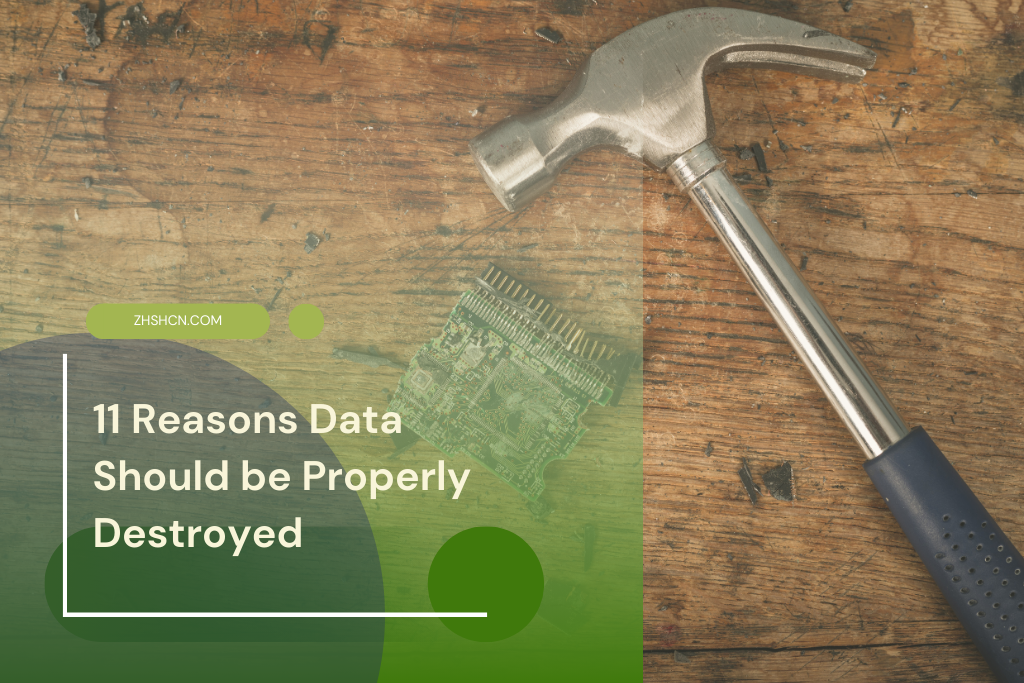For many reasons, properly destroying data is a pivotal practice in our digital era.
Key Takeaways:
- Properly destroying data safeguards sensitive personal information.
- Compliance with data protection regulations such as GDPR and HIPAA.
- Data destruction helps in preventing potential data breaches.
- Responsible data management is essential for environmental responsibility and corporate trust.
Reasons for Proper Data Destruction
1. Protecting Privacy
Data typically houses sensitive personal details. Proper destruction ensures this information remains out of unauthorized hands, thereby curbing identity theft and privacy breaches.
2. Compliance with Regulations
Laws like the General Data Protection Regulation (GDPR) and the Health Insurance Portability and Accountability Act (HIPAA) necessitate secure data destruction to circumvent legal repercussions.
3. Preventing Data Breaches
Data inadequately disposed of or left unsecured becomes a prime target for cyber adversaries. This could culminate in costly data breaches, tarnishing the company’s repute.
4. Minimizing Data Hoarding
Diligent data destruction prompts organizations to retain only pertinent data. This diminishes the hazard of clinging to obsolete or nonessential data.

5. Preventing Data Resale
To curb the potential sale or illicit trade of redundant data on the black market, it’s imperative to annihilate it.
6. Avoiding Corporate Espionage
Rival entities might attempt to infiltrate and extract sensitive business intelligence. Thus, thorough data destruction is paramount to shield trade secrets and exclusive data.
7. Data Retention Policies
Destruction aligned with an establishment’s data retention doctrines ensures data adherence to legal parameters and is kept only for its requisite tenure.
8. Environmental Responsibility
Efficient electronic apparatus and data disposal curtails e-waste, which buttresses environmental sustainability.
9. Preventing Accidental Exposure
Non-diligent data destruction might inadvertently resurrect data, leading to unintentional ramifications or divulgence of confidential insights.
10. Reclaiming Storage Space
Purging superfluous data liberates valuable storage space, potentially curbing hardware and operational expenditure.
11. Mitigating Insider Threats
If not fortified or exterminated properly, insiders can exploit data. Proper obliteration is hence pivotal in paring down internal security vulnerabilities.
Frequently Asked Questions
Q: What regulations mandate proper data destruction?
A: Regulations like GDPR and HIPAA are among the many that mandate secure data destruction.
Q: How does proper data destruction aid the environment?
A: Efficient disposal of devices and data lessens e-waste, endorsing environmental preservation.

Q: Can improperly destroyed data resurface?
A: Yes, data not diligently annihilated might inadvertently re-emerge, causing unforeseen consequences.
Data destruction is not merely a regulatory requisite but also an integral measure in shielding sensitive data, upholding trust with clientele and allies, and endorsing accountable data management practices.
